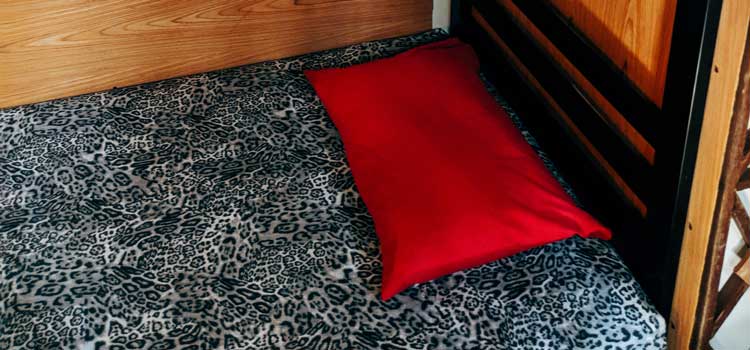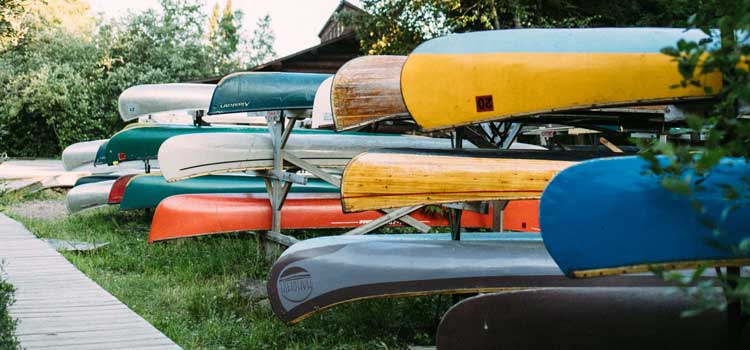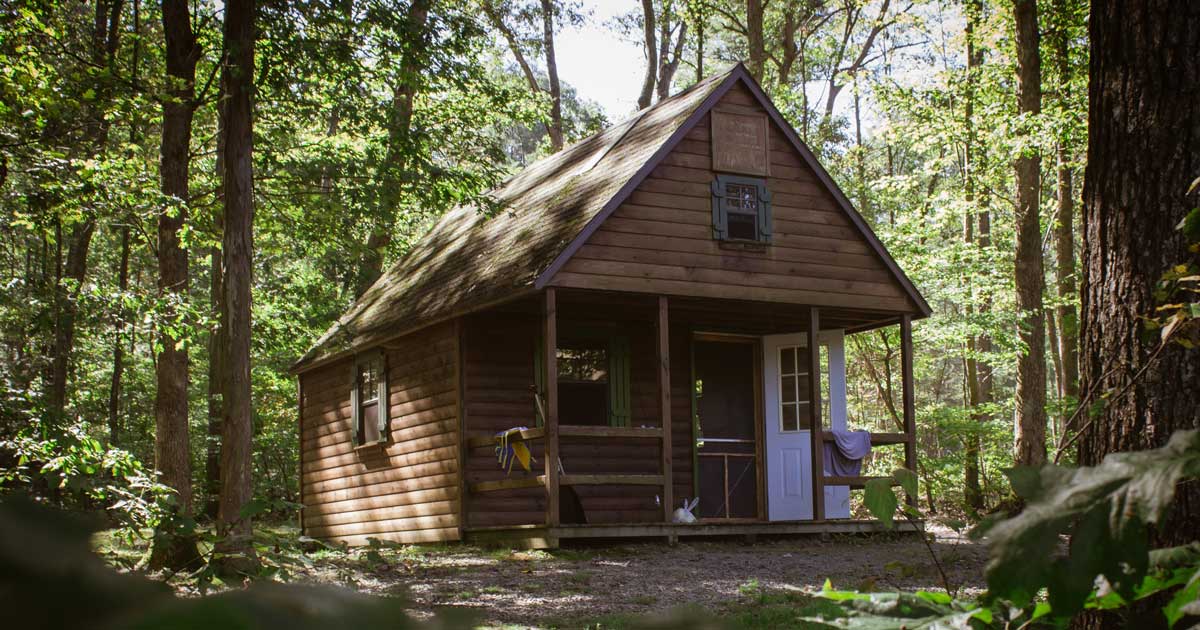Camp directors are leaders, innovators, and creative thinkers, which is why it’s no surprise that they’re finding new ways to expand their income streams. One popular strategy is opening their camps for rentals and events in the off-season. For many camps just beginning this journey, the learning is happening on the go. Camp directors are connecting with peers who have experience renting spaces and adopting best practices from other industries. While some camps are diving in right away, others are taking a more measured approach, preparing to roll out their rental offerings later in the year.
Through conversations with our client base, we’ve gathered valuable insights and paired them with our own expertise to help camps navigate summer camp event management. Developing a group rental strategy takes time and planning, but if you’re getting started, these best practices can set you on the right track.
Group Event Tip#1: Start by covering the essential logistics

Before diving into the planning and promotion of group rentals, it’s crucial to get the logistics right. One of the first steps is to check with your local zoning board to confirm that your camp is zoned for events and group rentals. This will clarify your camp’s capacity as a rental venue and ensure you’re aware of any regulations you need to follow.
Key considerations include:
- The capacity of your restrooms and facilities.
- Maximum occupancy of your dining hall.
- Insurance coverage for events and rentals.
- Whether you need proof of liability insurance from renters.
Pro Tip: Start small! Reduce your rental capacity below the maximum for your first year. This allows you to manage any unexpected challenges more easily, without overwhelming your staff or facilities.
Group Event Tip #2: Create new workflows and staff assignments

Your expertise as a camp director is invaluable, but running rentals and events can be different from managing a traditional summer camp. Camps that have successfully introduced off-season events have found that it requires tweaking existing workflows and creating new staff roles.
Examples of workflow changes include:
- Offering multiple mealtimes to accommodate families with young children and different schedules.
- Adjusting cleaning schedules for more frequent turnover in cabins, bathrooms, and common areas.
- Establishing a dedicated hospitality team to handle laundry, restocking supplies, and providing more frequent cleaning.
Pro Tip: The number of rentals you take on should depend on your ability to staff these new workflows. Make sure you can maintain high standards of service for each group.
Group Event Tip #3: Offer a manageable variety of activities

Once your logistics and staffing are in place, it’s time to think about the activities you’ll offer. While it’s tempting to provide a wide array of activities, especially if you’re accustomed to keeping campers entertained, we recommend starting with a manageable selection.
Key strategies for activity planning:
- Clearly communicate that your staff are only responsible for scheduled activities, while renters are responsible for their own supervision during unscheduled times.
- Offer activities that cater to a wide range of ages and abilities, as family groups may include toddlers, teens, and adults.
Pro Tip: Incorporate special elements unique to your camp, such as traditional songs, campfire stories, or games, to create memorable experiences for all ages.
Group Event Tip #4: Set Clear Expectations with Contracts and Communication
A smooth event starts with clear communication. Having detailed contracts and transparent communication will set the tone for the event, ensuring that both you and your renters are on the same page about expectations.
Key elements to include:
- Clear terms about what is included in the rental (activities, accommodations, meal times).
- Specific guidelines on renter responsibilities (supervision of children, cleaning expectations, property use).
- Rules regarding noise levels, curfew, or alcohol use, if applicable.
Pro Tip: Use a group management tool, like Gazebo, to streamline communication with renters. With a platform like this, you can handle contracts, payments, and important updates all in one place, ensuring that renters have a smooth, informed experience from start to finish.
Starting this year can help you host successful group events every summer
Launching a rental program is an ongoing learning process, and starting now can set the foundation for future success. Many camps we’ve spoken with are using this summer as a trial run, with plans to refine their programs in future years. A successful first season can lead to expanding your offerings in upcoming seasons, including updating facilities for colder weather to extend the rental calendar or diversifying into events like weddings and corporate retreats.
If you’re just starting with family rentals, remember that this approach can be more than just a source of additional income. It’s also an opportunity to introduce your camp to new audiences, potentially attracting future campers and strengthening your camp’s public profile.
Whether you’re ready to offer rentals right away or are working to develop a system for future summers, embracing this approach can have long-term benefits. Sharing your camp’s unique environment and traditions with a broader community will not only enhance your reputation but will also help sustain your camp financially. If you need advice on getting started, our team is here to help. We can also provide more information about Gazebo, our new group event management tool designed to simplify the rental process.
By taking these steps, you’ll not only create meaningful experiences for new guests but also build a sustainable revenue stream that will support your camp for years to come.
